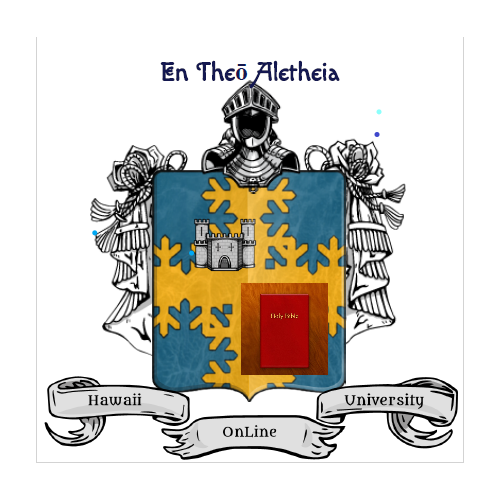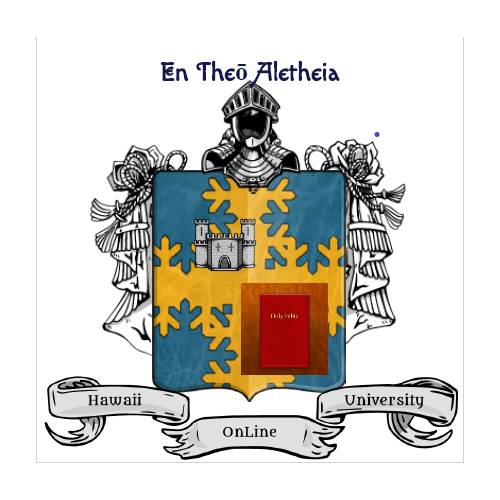Overview & Academics
Welcome to the College of Engineering. The following information covers an overview of information regarding this department and school.
Dean
TBD, Dean
Department Chair
Engineering Professor, Mechanical Engineering
Academic Advisers
Academic Advisor, Management
The College of Engineering has TUTORING courses of study that may help you to a Bachelor of Science degree. It also provides turoting curriculum leading to a Master degree. For more information, please see the section on Academics and Admissions.
Mission of the College of Engineering
The Tutoring program from the College of Engineering at Hawaii On Line University is to provide students with information that will serve as a foundation of their knowledge regarding this area of study. Hawaii On Line University tutoring program courses suggests and focuses on a self-help, hands on approach, using real life examples, simulated strategic projects, and group work. We believe that this experience provides any student with a well rounded base of knowledge while giving him or her the ability to emphasis in various areas of study within this college.
Course Catalog for College of Engineering
Pre-Engineering Program
Program Website: https://hawaiionlineuniversity.org/programs/associates-degree/
We offer the following types of Tutoring for Associate Program
Definition of our tutoring Program
Engineers apply scientific and mathematical principles to design, create, and operate useful devices, structures, or processes in an efficient and economical manner. Many branches of engineering exist within this broad definition.
- Electrical Engineering: Electrical engineers deal with the capture and transmission of energy and information (think of fuel cells, solar panels, hydroelectric plants, satellite transmission, TV, mobile devices).
- Mechanical Engineering: Mechanical engineers harness power and mechanical forces to develop all sorts of machines (think of supersonic jets, automobiles, robots, and even artificial organs). They also design and build heating and cooling systems, manufacturing facilities, and machine tools.
- Civil Engineering: Civil engineers design and supervise construction of visible infrastructure items (think of bridges, highways, airports, skyscrapers, or waste-water treatment facilities).
- Systems Engineering: Systems engineers help integrate many different components of a project to see that they work together smoothly and still meet performance, scheduling, and cost goals.
Engineers are employed in every state and city and by every major industry. Some Engineering graduates command good starting salaries after becoming college graduates.
The Bureau of Labor Statistics, part of the U.S. Department of Labor, predicted that by the year 2016 the United States would have needed nearly 400,000 more engineers than we have today. It is important to keep in mind, however, this is not a guarantee for employment.
Hawaii On Line University Pre-Engineering tutoring program will give students a solid background in the mathematics, physics, and chemistry and the sciences, needed for any engineering degree.
The Pre-Engineering program at Hawaii On Line University is not a degree program. It is a suggested course of self study to prepare students to transfer to a four-year accredited engineering program in Civil, Electrical, Computer Science, Medical, or Mechanical engineering.
Please verify that any university program will be is transferable to other four year universities. We do not guarantee that program of study will or may be accepted by all or any university.
Courses and electives
Capstone Project
The Star Light Distance Problem (3 Credits).
This is your last 4 to 6 pages report on the above subject. This project must be completed before the end of the 2nd year of your Associate’s Degree. The instructor will provide you with details and textbook assigned in order to complete this simple project.
Total Number of credits for 2nd year Associate’s Degree is 35 credits.
Total Number of Credits for your Associates Degree is 71 Credits.
Happy 2 year Graduation !
Third and 4th Year curriculum will be modified soon to suit our mission and values
Year 3 (31 credits)
Fall (16 credits)
- HOCS 420 Database Internals (3) – https://www.amazon.com/Oracle-Core-Essential-Internals-Developers/dp/1430239549
- Also see course from MIT https://ocw.mit.edu/courses/electrical-engineering-and-computer-science/6-830-database-systems-fall-2010/syllabus/
- HOCS 430 Operating Systems (3)
- HOGN Natural Science + Lab
- HOGH Humanities II
- HO-HPP Hawaiʻi Pan-Pacific
Spring (15 credits)
- HOCS 407 Intro To Numerical Analysis I (3)
- HOCS 410 Elemts Computer Architecture (3)
- HOCS 421 Database Systems Design (3), HOCS 431 Networks & Data Commun (3), CS 440 Artificial Intelligence (3) or HOCS 451 Compiler Theory (3)
- HOCS 421 Database Systems Design (3), HOCS 431 Networks & Data Commun (3), HOCS 440 Artificial Intelligence (3) or HOCS 451 Compiler Theory (3)
- Elective
Year 4 (25 credits)
Fall (12 credits)
- HOCS 460 Software Engineering I (3) (GCC Global and Community Citizenship, WI)
- HOCS 470 Theory Of Computing (3)
- 400 Level CS course
- Elective
Spring (13 credits)
- HOCS 450 Org Of Programming Lang (3)
- HOCS 461 Software Engineering II (3) (WI)
- HOCS 495 CS Professional Seminar (1)
- Elective
- Elective
Total credits: 122
Notes
- A minimum of 2.0 cumulative GPA is required.
- A grade of “C” or better in each CS course required for the degree and in MATH 311 Intro Linear Algebra (3).
- 45 upper division (300-400 level) semester hours are required.
- ¹ ENG 2209 Writing for Business (3), ENG 2225 Writng for Sci & Technology (3) or 2287 are recommended.


